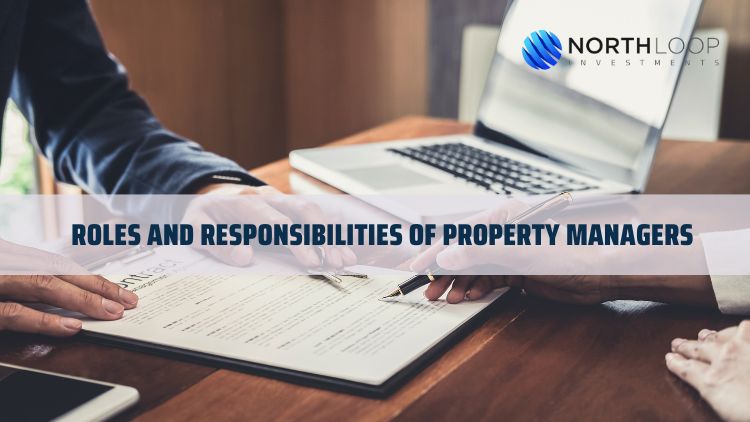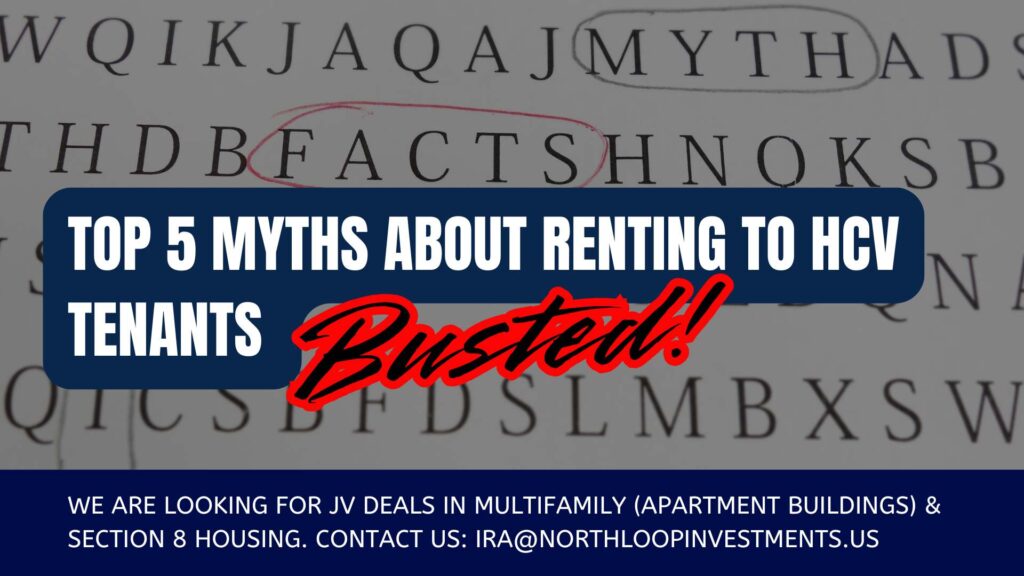Property managers play a crucial role in ensuring the efficient and effective management of real estate properties. Their responsibilities encompass a wide range of tasks aimed at maintaining and enhancing property value, tenant satisfaction, and overall operational success. Here are some key roles and responsibilities of property managers:
Tenant Relations:
- Advertising and marketing vacant units to attract and screen potential tenants.
- Conducting thorough tenant background checks, including credit and rental history.
- Addressing tenant inquiries, concerns, and requests in a timely and professional manner.
- Overseeing lease agreements, move-ins, and move-outs.
Property Maintenance:
- Regularly inspecting the property to identify maintenance and repair needs.
- Coordinating and supervising maintenance and repair work, ensuring timely completion.
- Implementing preventive maintenance programs to minimize future issues.
- Managing landscaping, snow removal, and other exterior property maintenance.
Rent Collection and Financial Management:
- Setting and adjusting rental rates based on market trends and property conditions.
- Collecting and recording rent payments from tenants.
- Handling late payments, issuing notices, and initiating eviction proceedings if necessary.
- Creating and managing property budgets, tracking income, expenses, and financial records.
Property Marketing and Occupancy:
- Developing and executing effective marketing strategies to attract and retain tenants.
- Showcasing vacant units, conducting property tours, and promoting the property’s features.
- Implementing tenant retention programs to reduce turnover and vacancies.
Legal and Regulatory Compliance:
- Staying updated on local, state, and federal landlord-tenant laws and regulations.
- Ensuring that the property and its operations comply with legal requirements.
- Handling eviction processes in accordance with applicable laws and regulations.
Emergency and Crisis Management:
- Establishing and communicating emergency protocols to tenants and staff.
- Responding promptly and effectively to emergency situations, such as fires or natural disasters.
- Coordinating repairs and restoration after emergencies.
Vendor and Contractor Coordination:
- Identifying, hiring, and managing contractors, vendors, and service providers.
- Negotiating contracts and overseeing work quality and timeliness.
- Handling vendor payments and maintaining positive relationships.
Record Keeping and Reporting:
- Maintaining accurate and organized property records, including leases and maintenance history.
- Generating regular reports on property performance, financials, and occupancy rates.
- Providing property owners with transparent and comprehensive updates.
Property Upgrades and Improvements:
- Identifying opportunities for property enhancements to attract and retain tenants.
- Planning and overseeing renovations, upgrades, and aesthetic improvements.
- Balancing improvements with budgetary constraints and potential returns on investment.
In summary, property managers are responsible for overseeing various aspects of property operations to ensure a well-maintained, financially viable, and tenant-friendly environment. Their multifaceted roles contribute to the overall success of real estate investments and help property owners achieve their objectives.








